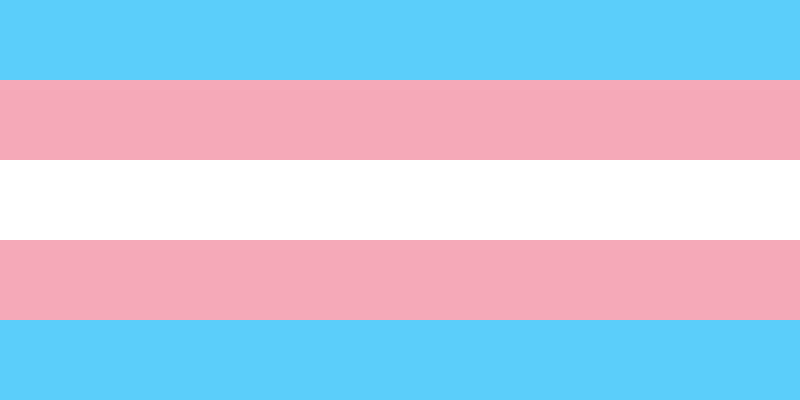Hunger
/As the Lord your God lives, I have nothing baked, only a handful of meal in a jar, and a little oil in a jug; I am now gathering a couple of sticks, so that I may go home and prepare it for myself and my son, that we may eat it, and die. -1 Kings 17:12
This Sunday, we’ll be reading a very old story of a miraculous healing in the book of 1 Kings. It’s about the widow of Zarephath, to whom God sends Elijah for help during a terrible drought and famine. Although she is close to starving, her jar of meal and jug of oil miraculously do not fail until God sends rain upon the earth again.
In particular, I always find the above verse of this story poignant and sad. I find myself wondering how many mothers around the world are on their last handfuls of flour and last teaspoons of oil to feed themselves and their families. Having always had enough to feed my own children, I hate to think about the heartbreak she must have felt being unable to do so. It’s hard for most of us in our over-fed nation to fathom. Hard for us to admit happens, even.
However, while we are not suffering the same kind of devastating drought that Elijah and the widow were facing at that time, and which is also currently affecting many other countries around the world including Somalia and Ethiopia, there are nonetheless many people right here in our region who are euphemistically now called “food insecure,” which means they are not really sure how they’re going to scrounge up their next meal. Many people in poorer regions in the US live in what we call “food deserts,” where there are no supermarkets with fresh produce or wholesome ingredients within a reasonable radius. In a food desert, people without transportation need to make do with convenience store fare as their main diet. For them, potato chips are not a junk food treat to avoid like they are for me, but a meal that is available and affordable that at least fills an empty stomach. And of course, we know that here in Keene, dozens of people rely daily on the Community Kitchen for their meals, on the food pantry for supplies and on Hundred Nights for meals at times when the Community Kitchen is not serving.
I enjoy cooking and I certainly enjoy eating. I have a dietary allergy, as well as a preference for being vegetarian. I would feel pretty lost and miserable if I had no access to fresh vegetables and nutritious foods. Yet, I know many of my close neighbors have no other option than to be content to eat whatever is served at the shelter, whether it’s to their liking or the best nutrition for them or not.
St. James has been extremely generous in collecting food for the food pantry. They used to send a volunteer over here to pick up our big pile of donations every week. But it’s been a while since the food pantry has accepted food donations due to the pandemic. My practice of picking up some food for others each time I shopped has been curtailed for over a year and a half now, and I’m falling out of practice.
Reading about the widow of Zarephath this week, I’m realizing that I haven’t been paying as much attention to my hungry neighbors as I used to with my regular food donations. If you feel the same, I invite you to join me in getting back into practice by making a monetary donation to the Community Kitchen this week, or by sending another check to St. James for the “Nourishing our Neighbors” fund (putting “Nourishing our Neighbors” in the memo line of your check,) or by joining with Lou-Anne and Kathy in preparing homemade and healthy meals for our next door neighbors on an upcoming weekend. You can cook your part of a meal at home to add to the feast, or you can ask them how to contribute a crock pot or pan of fresh prepared food to Hundred Nights for lunch anytime at all. Let’s remain in - or get back into - the practice of helping God fill people’s empty jars and jugs with healthy food.








